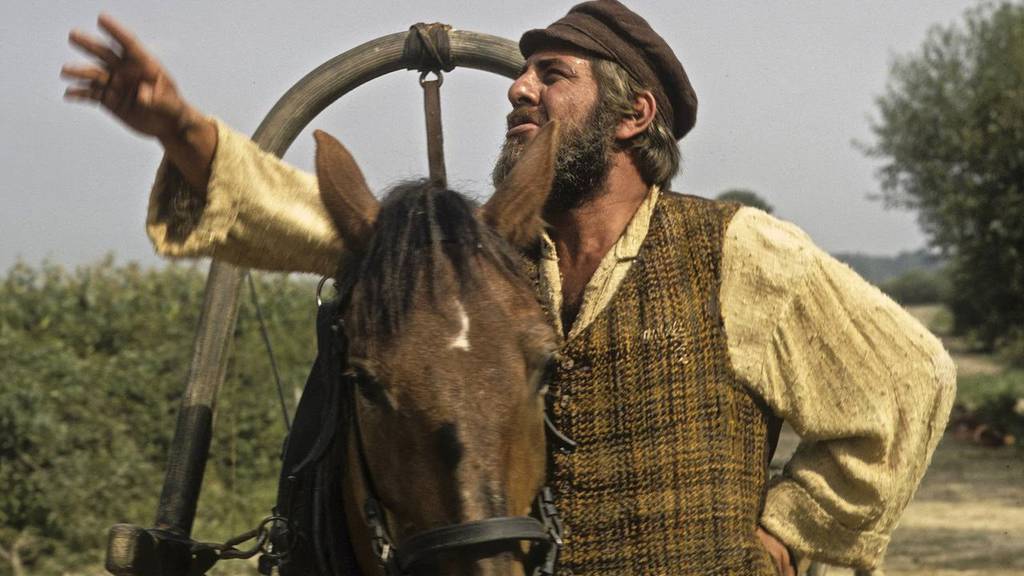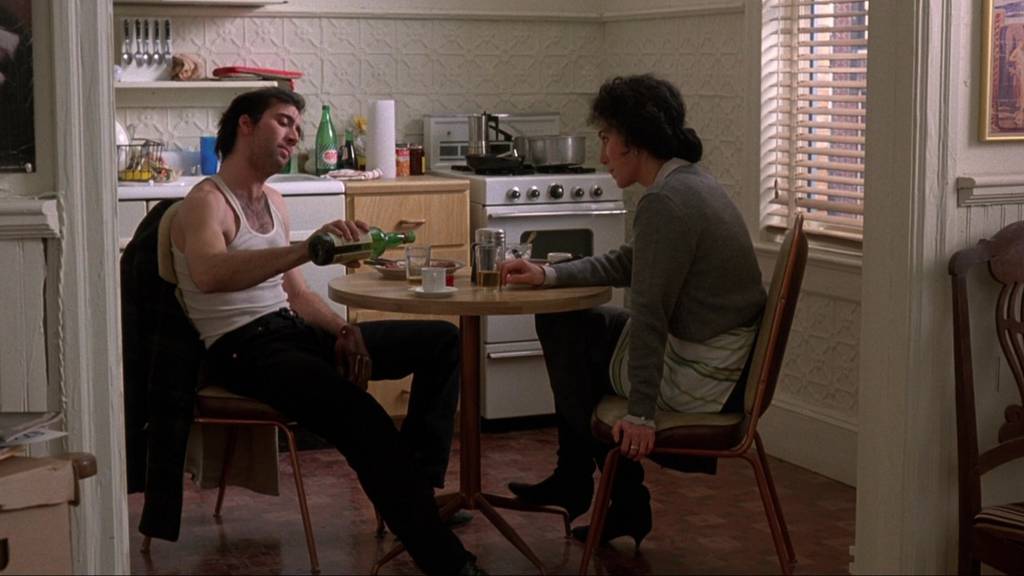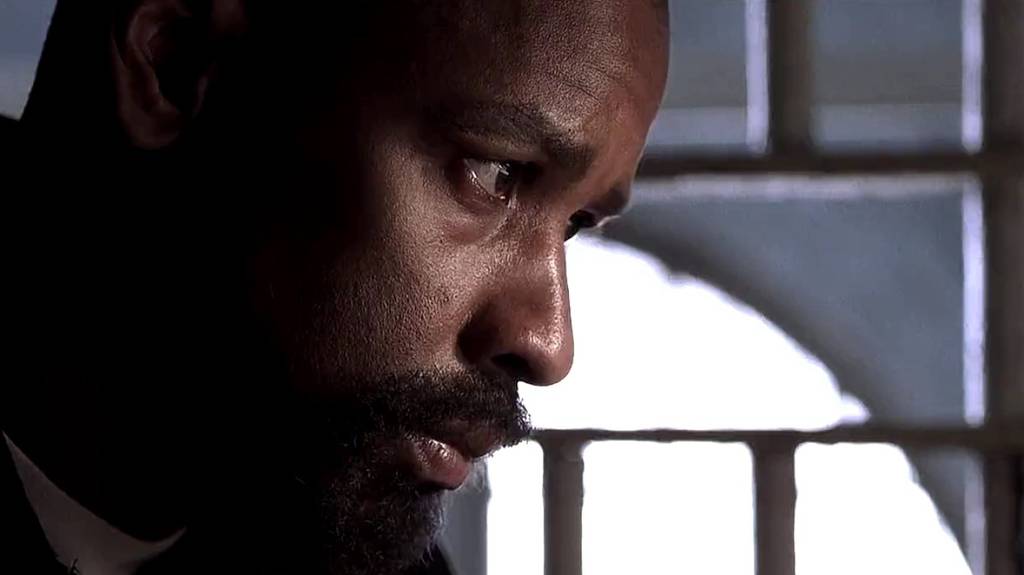[ad_1]
There is no perfect Norman Jewison movie. There are just far-reaching examples of the Canadian-born director’s versatility: Doris Day comedies, Oscar-winning dramatic powerhouses, a half-dozen stage-to-screen adaptations, and my favorite of all his films, 1987’s “Moonstruck.”
This exemplifies the director’s solid authority behind the camera. Jewish died on January 20 “Moonstruck” is a movie of gentle, crazy romance and simple scenes, written by John Patrick Shanley and performed by an outstanding and extraordinarily well-chosen cast.
This wasn’t Jewison’s only casting victory. When Sydney Poitier When I died two years ago, I re-watched (and re-watched and re-watched) the pivotal conflict in Jewison’s 1967 film “In the Heat of the Night.” This is two minutes sequence of events As Philadelphia detective Virgil Tibbs glares at a racist Mississippi murder suspect in his beloved greenhouse, he slaps him hard in the face, then immediately fires back at the man with the local sheriff (this was Poitier’s contribution, unscripted but rehearsed) as the stunned witness.
Great scenes like this or the beautiful restaurant encounter between Olympia Dukakis and John Mahoney In “Moonstruck” Don’t direct them. Jewison, along with his editors, knew the value of instinctive, subtle cutting and framing. (The slow reveal of the conversation at the next table in the “Moonstruck” section: magnificent.)
Were all his movies shot and processed this way? Tough. Jewison experimented with fashionable split-screen techniques with cinematographer Haskell Wexler. “Thomas Crown Incident” and although it is not a traditional action movie, it has had its share of movies with intense, on-the-spot action. Sometimes his visual experiments and storytelling acumen worked just that way; sometimes they didn’t. But his career streak in the 1960s and 1980s was extraordinary.
Here are 10 examples of Jewison’s diversity, curiosity, and talent across four decades and change. All are available for streaming.
“Don’t Send Me Flowers” (1964): After spending a decade in early television, Jewison made his Hollywood studio feature film debut in the 1962 Tony Curtis/Suzanne Pleshette vehicle “40 Pounds of Trouble.” This led to three more romantic comedies; the best of these was “Don’t Send Me Flowers,” which featured Rock Hudson, Doris Day and Tony Randall in a farce perched on the edge of a pole – this was the third and final pairing of Hudson and Day. -JFK is a suburban nightmare.
“The Russians Are Coming, The Russians Are Coming” (1966): A big, lightly satirical Cold War hit (Jewison was an unrepentant leftist), this comedy about a Russian submarine’s not-quite invasion of a New England island community gave Alan Arkin a career launch for the ages.
“In the heat of the night” (1967): Trouble in Mississippi and America: Jewison’s sly, deeply vital drama captured the heat of the country’s flames while offering an engaging, suspenseful murder investigation. Sidney Poitier and Rod Steiger are leaving city.
“Thomas Crown Incident” (1968): Jewison’s third consecutive commercial success, it’s a fashion spread, a heist movie, and a rapturous embrace of star quality all rolled into one. Steve McQueen, Faye Dunaway and location work in Boston still look pretty good.
“Joyful, Joyful” (1969): A misstep in the play, but one that really concerns Chicago: Jewison’s loose adaptation of Ben Hecht’s memoirs (shot in Chicago, Milwaukee, and Galena), in which the director embraces hand-held camerawork and a frenetic kind of enthusiasm and we see Beau Bridges taking part. Ben Harvey character. This movie is the hardest to find out of the 10; Is there a a copy of this is on YouTube, at least for now. During filming, a young critic named Roger Ebert quoted Jewison: “This is the most American city there is. I don’t care what you think about it.”
“Fiddler on the Roof” (1971): The year’s highest-grossing film, the expansive remake of Jewison’s 1964 musical hit featured the wise casting of Topol as Tevye—though Zero Mostel had created the role before relegating him to (arguably) Broadway-like nonsense. The run got longer.


What to Watch?
Weekly
The latest from Tribune critics on what movies and television you should watch.
“A Soldier’s Story” (1984): Jewison returned to stage properties frequently throughout his career; One of the best is this head-on, full-force adaptation of the Charles Fuller Pulitzer Prize-winning film starring Adolph Caesar, Howard Rollins and Denzel Washington.
“Moonstruck” (1987). Lots of great side notes, and the way Jewison stages the anything-goes breakfast table finale (complete with reconciliations and a wedding announcement) reveals directorial ease and confidence in every detail. Nothing pushed, every laugh, compassion and genuine pleasure in the character to the end.

“In the country” (1989): Unassuming but very moving: Bruce Willis as a Vietnam vet dealing with post-traumatic stress disorder in small-town Kentucky, and Emily Lloyd as her niece trying to make a connection.
“Hurricane” (1999). Jewison’s second-to-last feature film – an angry, gripping biopic of middleweight boxer Rubin “Hurricane” Carter (Denzel Washington), accused of murder. Jewison nearly directed Washington in a Malcolm X film before Spike Lee took over the project; “Hurricane” reunited director and star with a shared sense of craft, commitment and genuine quality.

Michael Phillips is a Tribune critic.
excitement @phillipstribune
[ad_2]
 Best American Comics News bestamericancomics.com started its broadcasting life on December 21, 2022 and aims to offer original content to users. Aiming to share information in technology, science, education and other fields, bestamericancomics.com aims to provide its readers with the most up-to-date and comprehensive. Since the content of the site is created by expert writers, readers are reliable and accurate referrers.
Best American Comics News bestamericancomics.com started its broadcasting life on December 21, 2022 and aims to offer original content to users. Aiming to share information in technology, science, education and other fields, bestamericancomics.com aims to provide its readers with the most up-to-date and comprehensive. Since the content of the site is created by expert writers, readers are reliable and accurate referrers.


